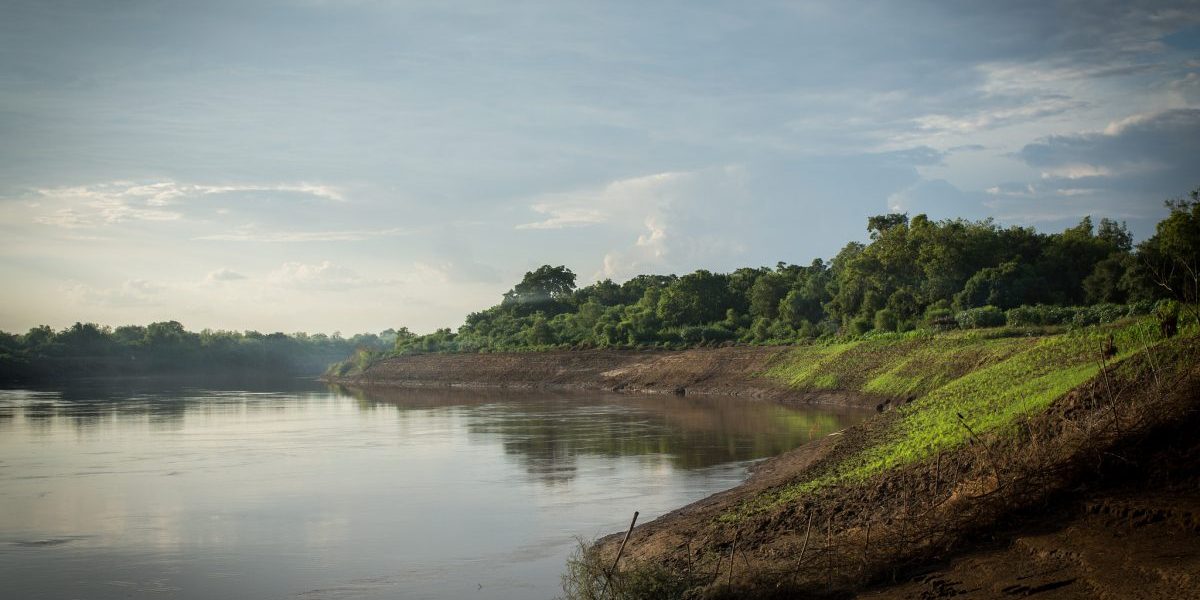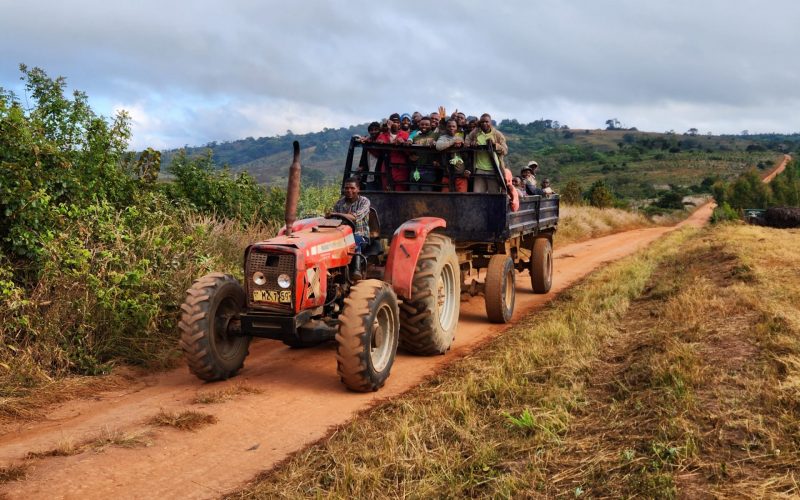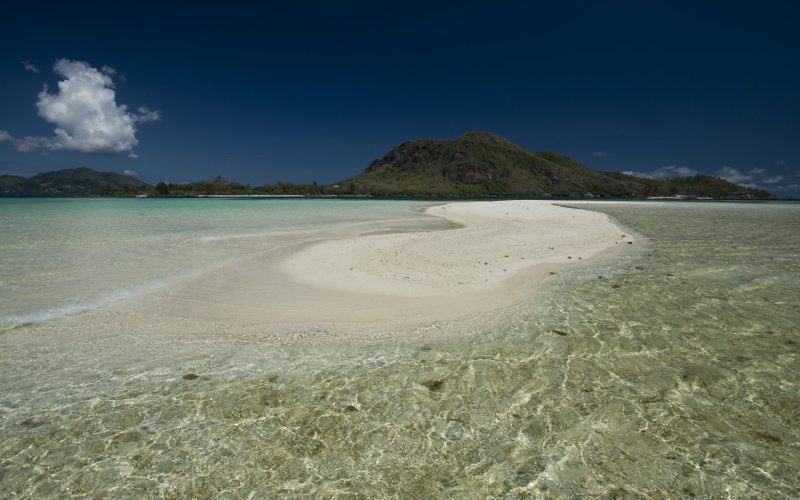Given the high number of rivers that cross international political boundaries in the region, combined with the fact that the SADC Water Protocol provides a regional legal framework around which to develop robust water resources governance systems, this report shows how institutions grow incrementally over time. The global norm is that most transboundary rivers that have more than two riparians are governed by a regime that does not include all riparian states.
The SADC case is the opposite, where all of the transboundary rivers that were identified as being ‘at risk’ in a major study by Aaron Wolf and his team in fact have regimes that include all riparian states. This case study also shows that while instrumentalism leads to experimentation and failure on occasion, it also provides for the necessary adaptation needed to eventually produce a robust governance structure. The report discusses a number of water governance lacunae in the region and concludes by making specific policy recommendations to enhance the effectiveness of water governance in the SADC region, but which may also hold applicability to other regions of Africa.








